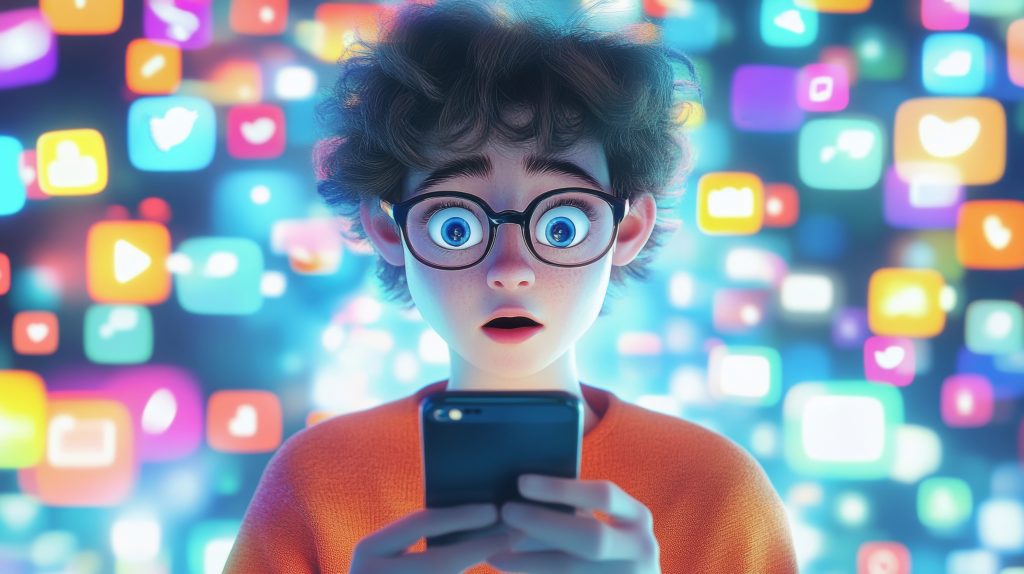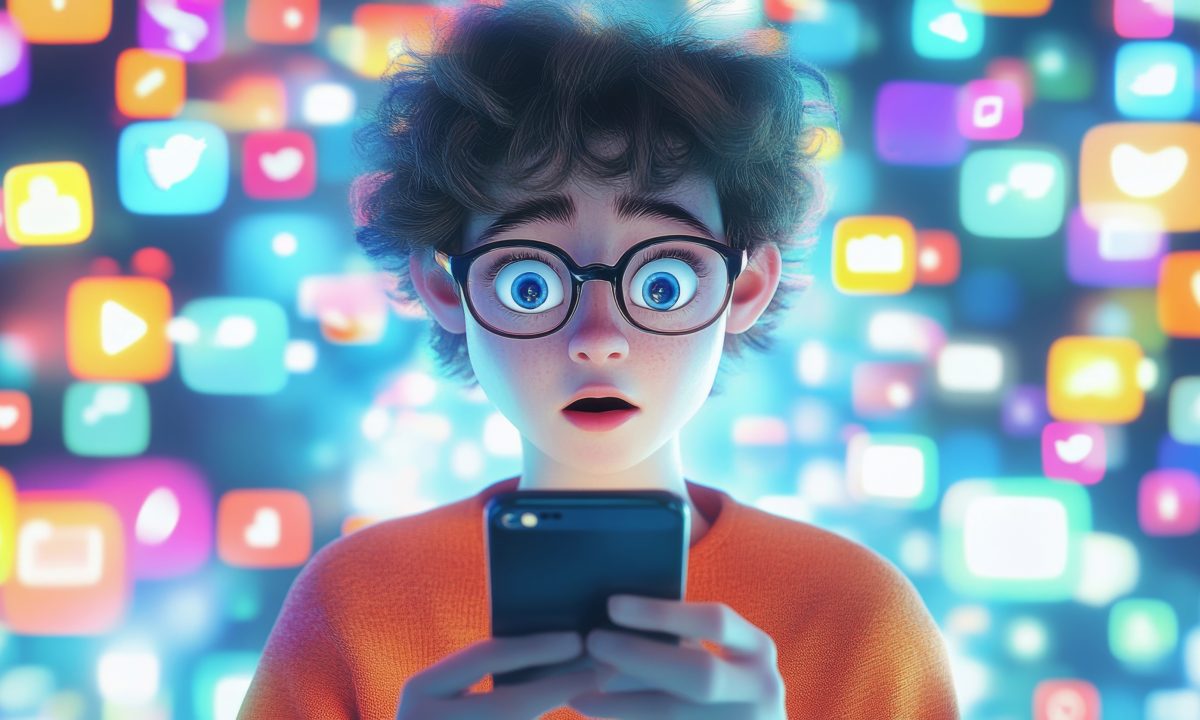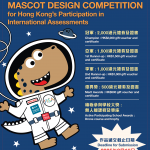
The way people consume information has drastically changed in the digital age. Scrolling through endless social media feeds and watching short-form videos have become routine behaviours among Gen Z. Excessive exposure to low-quality digital content diminishes our attention spans, impairs our learning, and affects mental well-being. This phenomenon has even given rise to the term “brain rot”, which was chosen as Oxford University Press’ Word of the Year for 2024. Oxford Dictionary describes “brain rot” as the deterioration of one’s mental or intellectual state due to overconsumption of online content.
At the same time, education cannot ignore technological advancements. Technology is the future for young students, offering new knowledge and opportunities. For instance, the rapid development of artificial intelligence has significantly shifted global perspectives. Therefore, equipping the next generation with the skills to utilise technology effectively is essential.
In response to this trend, the Programme for International Student Assessment (PISA) is introducing “Learning in the Digital World” as a new domain in the PISA 2025 assessment. It measures students’ competencies in self-regulated learning, computational thinking, and scientific inquiry practices. Students will be expected to learn from various digital resources to fill their knowledge gaps and use digital tools to solve real-life problems. Therefore, striking a balance between mindful consumption and meaningful learning will be key to ensuring that technology empowers rather than diminishes students’ potential. By promoting a proper use of technology and digital literacy enhancement, the next generation is better equipped to confront upcoming unfamiliar real-world problems in the digital age.
By Samuel Tam, HKU BSc&BEd Year 4 Student
Posted on 13 Feb 2025



